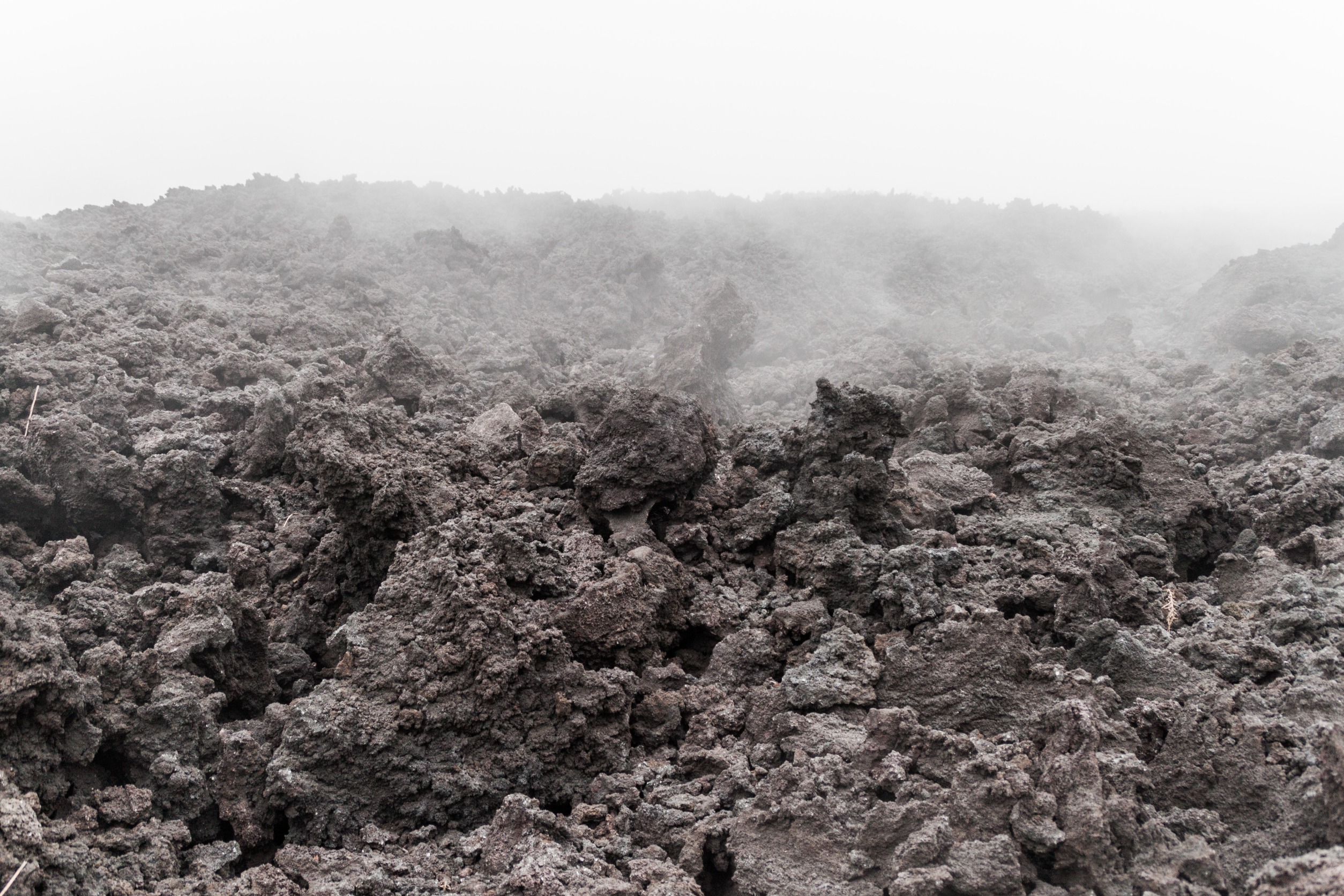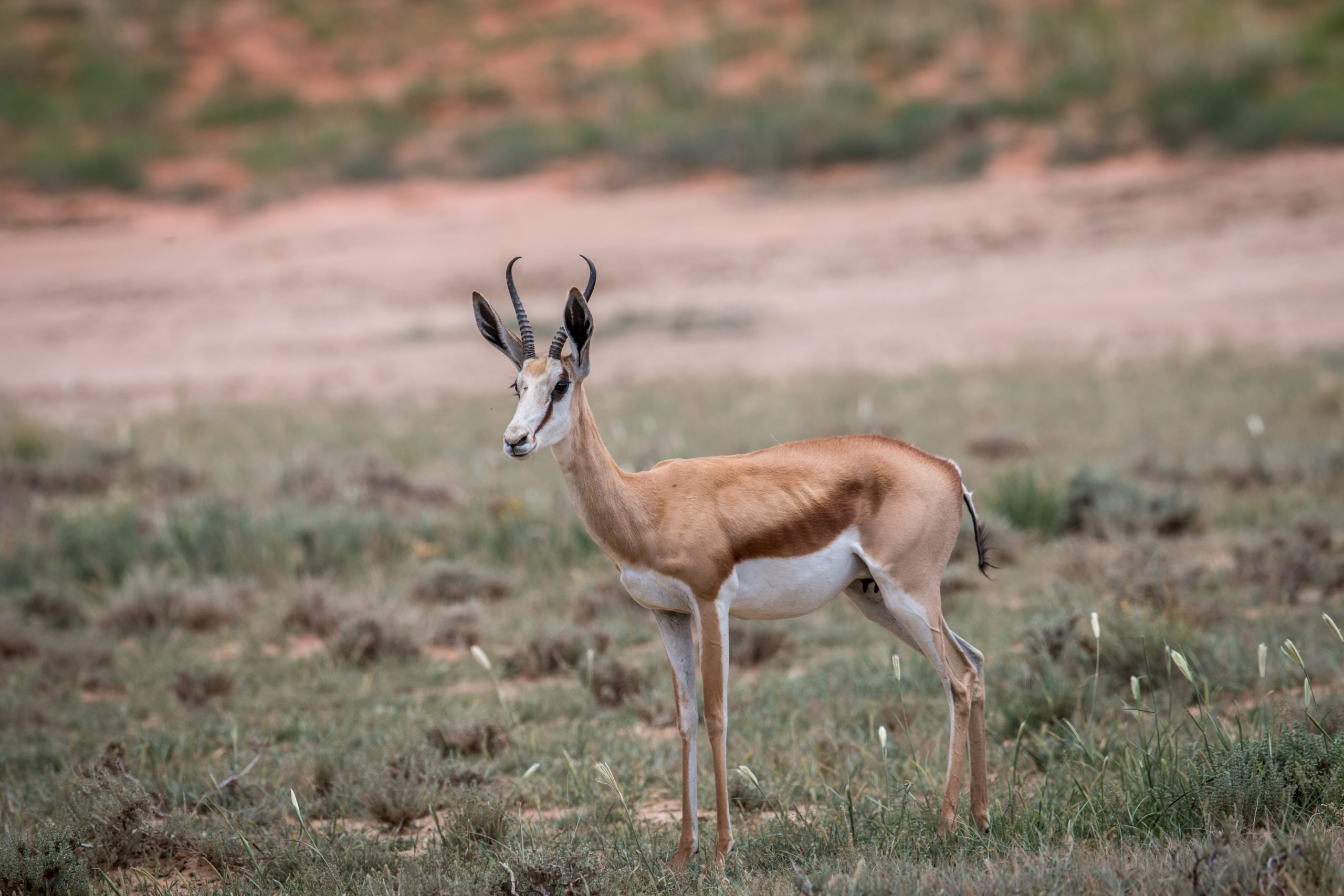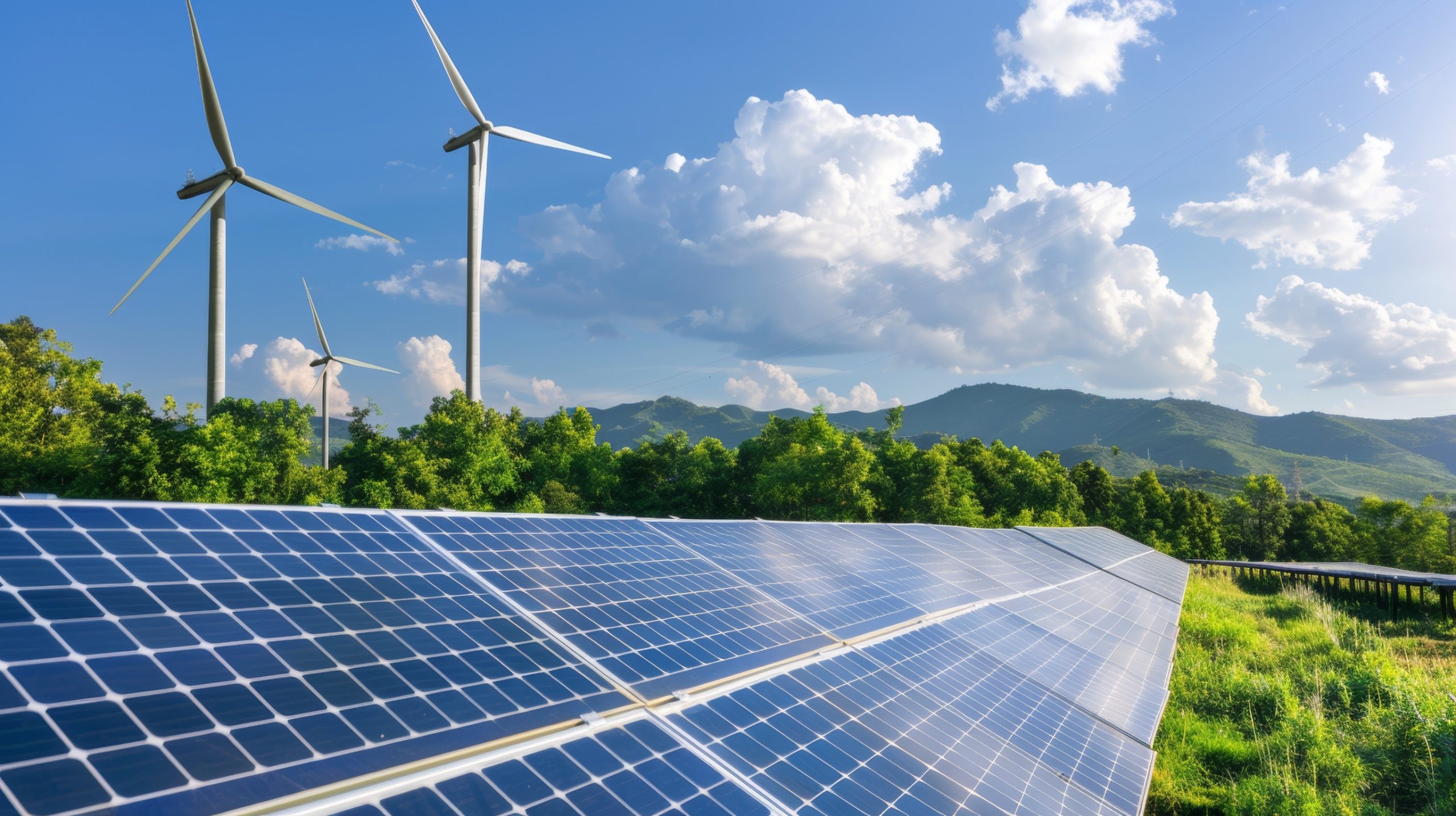If you have been following the news about the fires in the Amazon, chances are you have heard the statistic that 20 percent of our oxygen comes from the Amazon Rainforest. Added to this observation, often in the conventional news media, is a panic-inducing statement that the lungs of the planet are collapsing. Writing in The Conversation, atmospheric scientist Scott Denning says that while the flames are absolutely an ecological disaster, this fact about the air we breathe is not accurate, and the science of atmospheric oxygen is quite a bit more nuanced.
While one-third of oxygen produced by photosynthesis is created by tropical rainforests, nearly all the oxygen created by photosynthetic plants each year is consumed by living organisms and fires. The oxygen that makes up 21 percent of our atmosphere has accumulated over millions of years due to the slight imbalance in the ratio of oxygen algae produces compared to the amount which ocean microbes consume.
So while the fires in the Amazon are disastrous in terms of biodiversity loss, air pollution, and the grave harm to indigenous groups and other denizens of the forest, Denning points out that “even if all organic matter on Earth were burned at once, less than one percent of the world’s oxygen ambient would be consumed.”
While we at the Optimist Daily are as justifiably horrified as the rest of the world at the massive and largely human-caused fires in the Amazon, we wanted to quell the irrational fears about suffocation over which our kids are losing sleep. The bigger question is: can we use this ecological disaster in a unique globally relevant location to come together as a planet and take effective action against the real ecological collapse that is underway?












